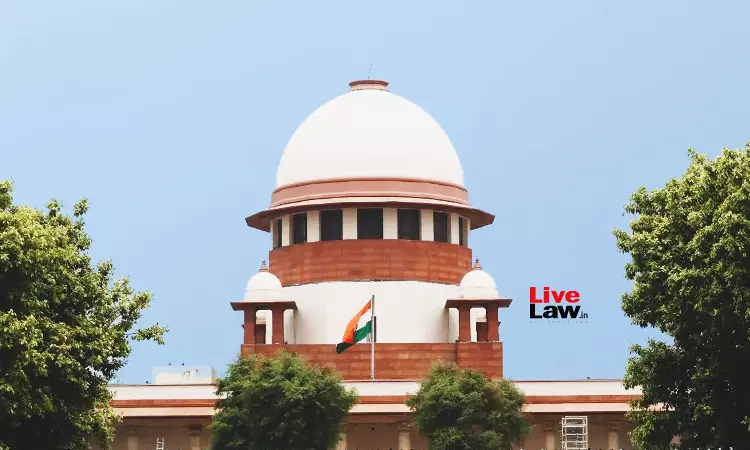Supreme Court Seeks Video Of Delhi High Court Bar Association Meeting On Women's Reservation Proposal
Amisha Shrivastava
13 Nov 2024 8:05 PM IST

Next Story
13 Nov 2024 8:05 PM IST
The Supreme Court on Wednesday sought the production of a video recording from the Delhi High Court Bar Association (DHCBA) General Body Meeting (GBM) held on October 7, 2024.This meeting had seen the rejection of a proposal to reserve seats for women in the association's Executive Committee. The Court scheduled the matter for further hearing on November 18 at noon, where it will review...
